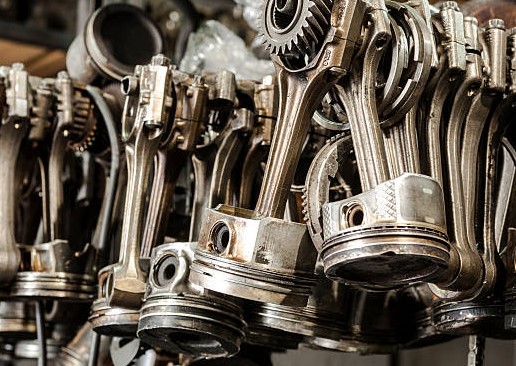The Hyundai i30 has been positioned as a reliable and well-regarded compact car that is known for its blend of performance, efficiency, and value. Its main selling point is its engine lineup that has been developed to accommodate a broad range of driving desires and requirements. Here’s a complete review of all you should be aware of about the various engine options available for the Hyundai i30.
Engine Options and Performance
The Hyundai I30 engine offers a variety of engines which cater to different preferences and styles of driving. The engine lineup usually includes petrol, diesel, and occasionally hybrid options dependent on the year of manufacture and market.
Diesel Engines: The I30’s petrol engines are engineered to provide the best of both performance and fuel efficiency. The standard engine on many recent models is a 2.0-liter four-cylinder unit, which produces around 150 horsepower. It provides a comfortable and fluid driving experience, making it suitable for both city and road driving. If you’re looking for more power There’s usually an option for a turbocharged 1.6-liter four-cylinder engine that can produce as much as 200 horsepower. The engine is typically available in sportier versions such as the i30 N, which is specifically designed for those who want the thrill of driving in a more lively manner.
Diesel Engines: Diesel motors on the i30 offer excellent fuel efficiency and are a popular option for those who regularly travel for long distances. The most commonly used diesel engine is a 1.6-liter four-cylinder engine, which typically produces around 136 horsepower. This engine provides a good balance of power and efficiency, with less CO2 emissions when compared to its petrol counterparts. Diesel engines are particularly beneficial for those who value the long-term benefits of fuel efficiency and lower operating costs.
Hybrid Engines: In certain markets, the i30 is also available that has hybrid motors. These engines combine two engines, a petrol and an electric motor to boost efficiency in fuel consumption and lower emissions. While hybrid alternatives are not as common, they represent Hyundai’s commitment to offering greener vehicle options.
Transmission and Driving Experience
The Hyundai i30 generally comes with a range of options for transmissions, which include manual and automatic transmissions. The manual six-speed transmission gives you a more traditional experience, while the automated transmissions, usually a six-speed or dual-clutch seven-speed model–provide a convenient and smoother driving experience. Dual-clutch transmissions, in particular, is favored for its quick shifting of gears and its improved acceleration.
Conclusion
The Hyundai i30’s engine options offer a wide range of drivers, from those seeking an efficient commute, to those looking for a more spirited drive. With a wide range of petrol, diesel, and even hybrid engine options and hybrid engines, the i30 offers a unique blend of performance, efficiency and reliability, which makes it an excellent choice in the highly competitive compact vehicle segment.



